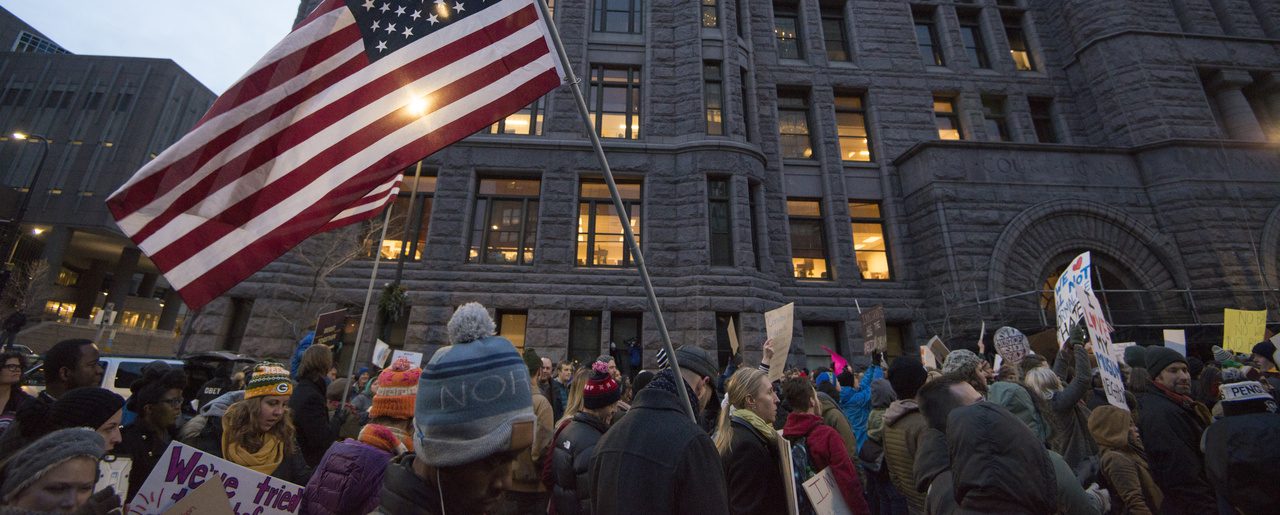Convergence is the biological term for when unrelated animals evolve similar features in similar environmental conditions. It is why whales and fish look alike. This summer, we will see a convergence of healthcare.
Three issues will be front and center, outshining even the vestigial remains of an ever-persistent pandemic – opioids, abortion, and gun violence.
Opioid litigation cases remain front page news as overdoses continues to climb. But this summer, after a Supreme Court ruling on Ruan v. United States, it will go into overdrive. Yes, we will continue to see news articles curiously juxtapose opioid settlements and overdose rates, as though the two are related despite prevailing evidence suggesting otherwise. But after the Supreme Court rules in favor of Dr. Ruan, allowing physicians to present good faith defenses against the DEA and federal prosecutors, the narrative will change. We will see fewer settlements. Those previously scapegoated will feel more emboldened to fight, now with the backing of a Supreme Court ruling. And soon enough, opioid cases will be fought viciously in the court of law – and, yes of public opinion.
But opioids are not the only issue soon to be triggered by a Supreme Court verdict. By now we have all heard of the conspicuous leak that used 16th century British common law to justify overturning Roe v. Wade, unleashing a cascade of protests in favor of and against abortion. The ruling in Dobbs v. Jackson Women’s Health will end abortion as a protected right and trigger a series of state laws that will end legal abortions in over half the country. Lawsuits are already prepared attempting to uphold some semblance of abortion protection, or at least make for provisions for women to receive abortions in certain parts of the country where it is still legal. But it is clear that abortion as we know it has changed, and both sides on the issue are prepared to fight.
And of course, lest we allow our memories to forget, we just witnessed one of the deadliest mass shootings in Uvalde, TX, coming just days after another mass shooting in Buffalo, NY. Previously, we debated whether gun violence is a public health issue. Now we know better. The pandemic has forever changed how we look at public health – for the better. We now see relationships in healthcare we were previously unaware of. We saw how isolation worsened mental health. And we see in plain sight how the violent ramifications of unchecked mental health affect this country. It is no longer debatable whether gun violence is a healthcare issue. It is a matter of determining what kind of healthcare issue.
This is the crux of the matter – three health issues, three extraordinarily polarizing topics, all coming to a head this summer. We must decide what healthcare is and how to regulate it.
It will not be easy. We will see riots. We will see policy debates. We will see legislature and litigation. But above all, we will see the future of healthcare in the United States, buried beneath the riots and grandstanding of the scorched-earth tactics that define the reactionary debates. Underneath it all will be a nascent narrative forming around these issues.
How we react to the Supreme Court rulings on both opioids and abortion will create the trajectory for future policy decisions. How legislatures respond to the latest mass shooting will determine future public health policies around gun control. We the public control these outcomes as much as our elected officials and nominated judges. It is truly an age of populism for health policy.
We sow the seeds of healthcare’s future. And we define the relationship between healthcare and law. We may not appreciate it currently, but there is a balance between healthcare and law. It is not apparent because we take such different conceptual approaches to what are fundamentally similar health issues. This summer, we might finally see the underlying commonalities.
Since so much is changing is such a short time, the changes will inevitably influence one another. This is a good thing. We will see the legal framework underlying these health issues. We will see why healthcare laws most often fail.
When we restrict medical behavior in one way, we produce unintended consequences in another way. Blanket restrictions never work for healthcare laws, because healthcare behavior cannot be legislated through isolated restrictions.
We seem to get that for gun control, but conveniently forget it when discussing abortion and opioids. Eventually, we will have to confront the uncomfortable reality that when we apply the same logic to all three health issues, we may end up with results that we sometimes agree with and sometimes may not.
We may find that law does not coincide with our existing beliefs. And when we attempt to moralize our beliefs through law, we create logical fallacies that manifest as differing perceptions of one health issue from another.
And we have to then decide, will we remain beholden to our preexisting positions on health issues, logic be damned, or will we try to create a coherent way of thinking about health, law, and public policy – create some semblance of convergence?
The optimist in me hopes for the latter, but the realist in me believes it is unlikely. Regardless of the course we take, one thing is clear: Summer of 2022 will be the summer of healthcare.















